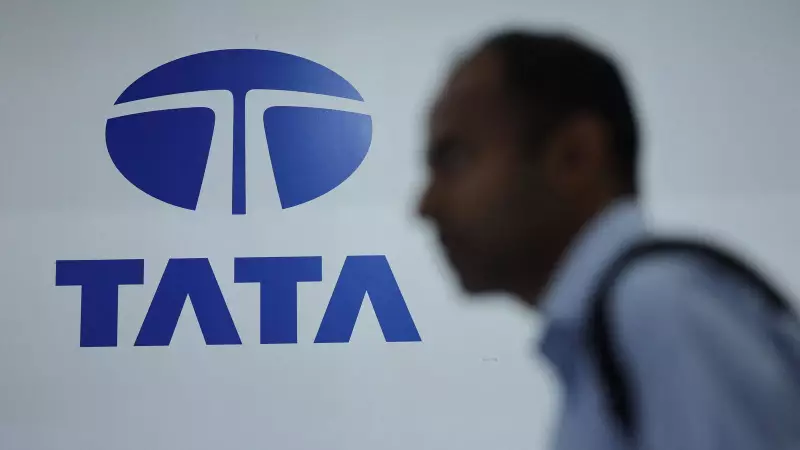
In a dramatic corporate showdown that has sent shockwaves through India's business landscape, Tata Trusts trustees led by Noel Tata have blocked the reappointment of Mehli Mistry to the influential charitable organizations. This move represents a significant escalation in the ongoing power struggle within the $128 billion Tata conglomerate.
The Boardroom Battle Intensifies
The decision to oppose Mehli Mistry's continuation as a trustee marks a pivotal moment in the complex relationship between Tata Sons and the charitable trusts that control 66% of the holding company. Sources close to the development indicate that the trustees' resistance stems from broader concerns about governance and strategic alignment between the trusts and Tata Sons.
Key Players in the Corporate Drama
Noel Tata, half-brother of former Tata Sons chairman Ratan Tata and chairman of Trent Ltd, has emerged as a central figure in this corporate confrontation. His alignment with other trustees against Mistry's reappointment underscores the deepening divisions within one of India's most prestigious business families.
Mehli Mistry, cousin of former Tata Sons chairman Cyrus Mistry whose controversial ouster in 2016 triggered previous governance crises, now finds himself at the center of renewed tensions. His potential exit from the trusts could significantly alter the balance of power within the Tata ecosystem.
Broader Implications for Tata Governance
The trustees' resistance comes amid ongoing legal battles and governance challenges that have plagued the conglomerate since Cyrus Mistry's removal. Industry analysts suggest this latest development could have far-reaching consequences for:
- Corporate Strategy: Potential shifts in the conglomerate's long-term direction and investment priorities
- Leadership Stability: Questions about the continuity of current management and board compositions
- Investor Confidence: Possible impact on market perception and shareholder value across Tata companies
Historical Context and Future Projections
This isn't the first time the Tata group has faced internal strife. The current situation echoes the 2016 governance crisis that followed Cyrus Mistry's abrupt removal, which led to protracted legal battles and raised serious questions about corporate governance practices within the conglomerate.
Corporate governance experts are closely watching how this power dynamic evolves, particularly given the trusts' significant influence over Tata Sons' strategic decisions. The outcome could set important precedents for family-controlled businesses across India dealing with similar succession and governance challenges.
What This Means for Tata's Future
The blocking of Mehli Mistry's reappointment signals that the Tata governance structure remains in flux, with competing visions for the conglomerate's future direction. As one of India's most valuable and respected business groups, the resolution of this internal conflict will be closely monitored by:
- Global investors with significant exposure to Tata companies
- Corporate governance advocates and regulatory bodies
- Other family-controlled businesses facing similar challenges
- Market analysts tracking India's corporate sector performance
The coming weeks are likely to reveal whether this represents a temporary disagreement or a more fundamental restructuring of power within the Tata empire.






